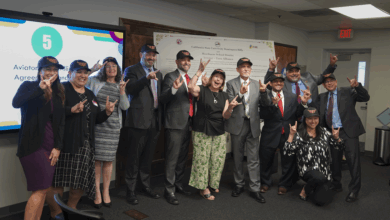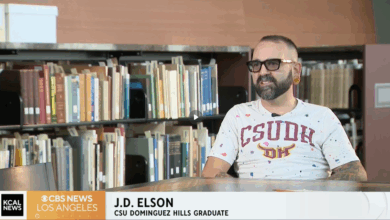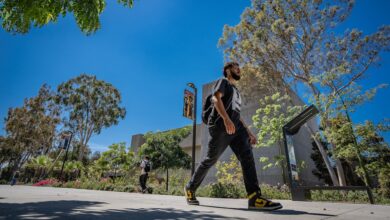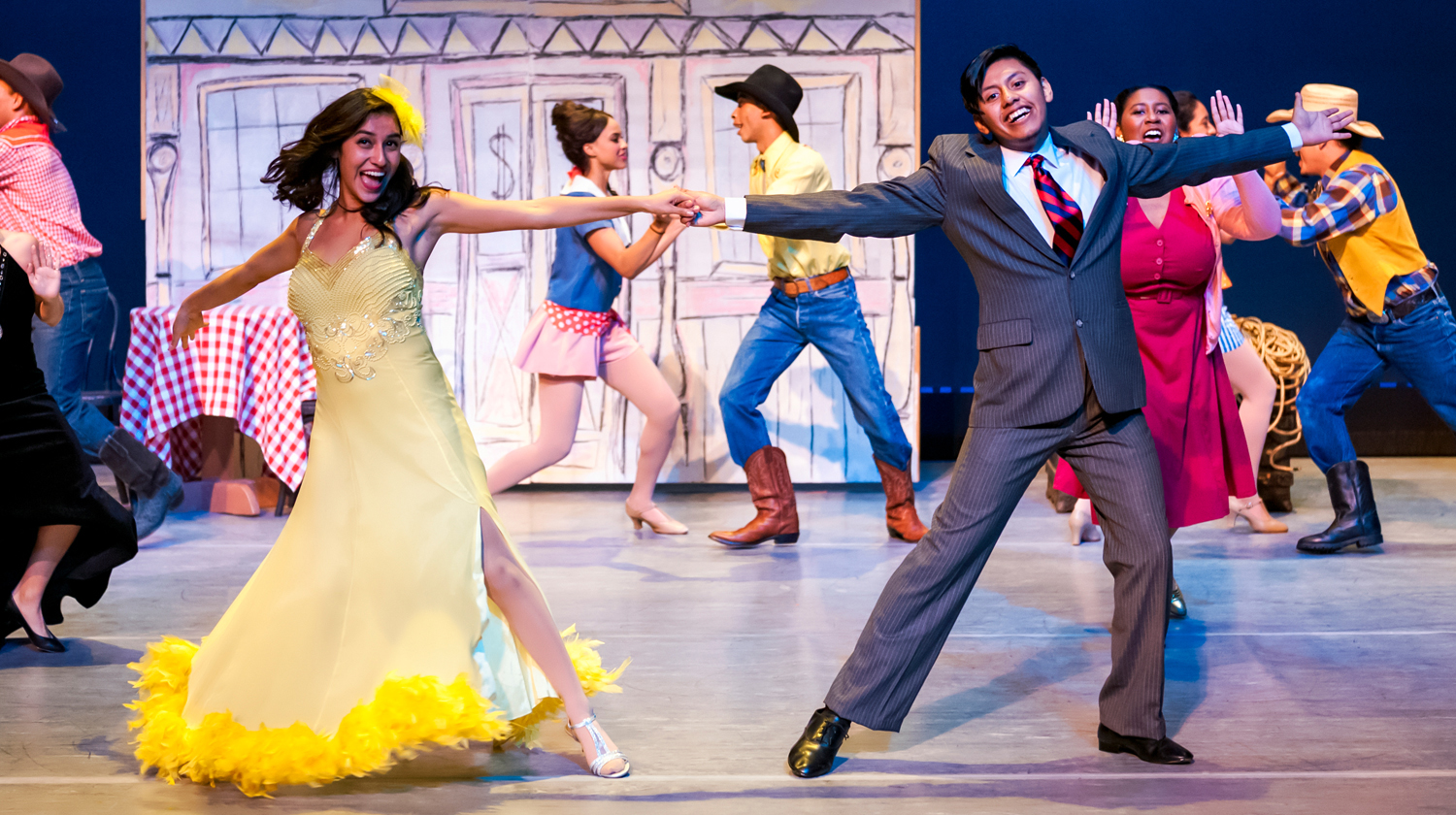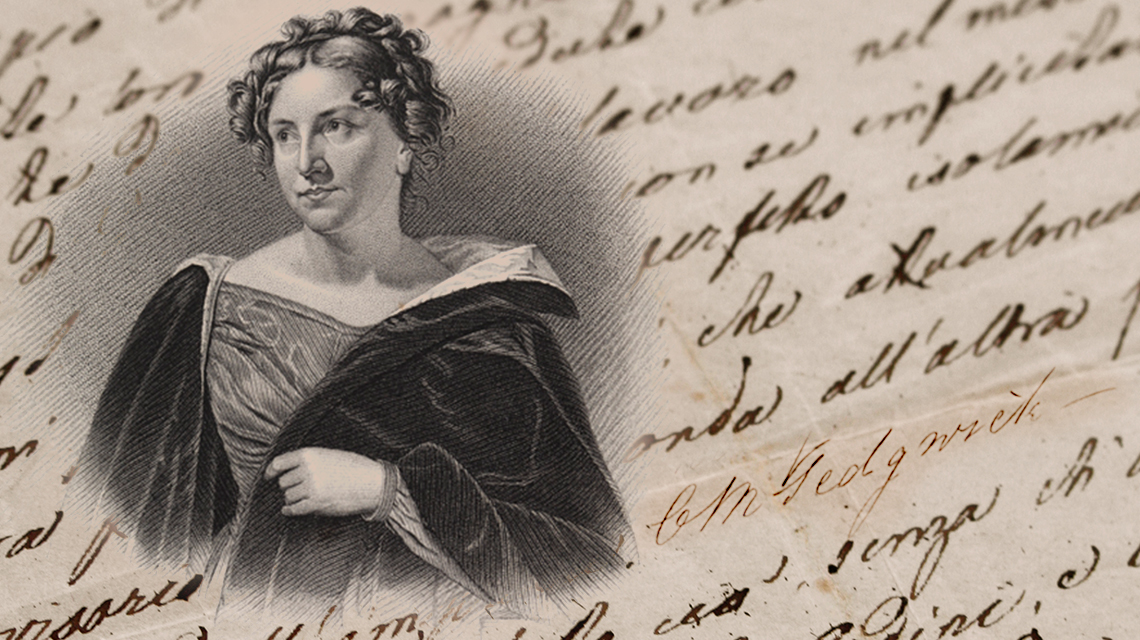
CSUDH Emerita Professor of Interdisciplinary Studies Patricia Kalayjian has been awarded a $200,000 grant from the National Endowment for the Humanities (NEH) for her work creating a digital archive of the letters of 19th-century American author Catharine Maria Sedgwick.
Kalayjian is the project director of the endeavor, and is working with fellow Sedgwick scholars Deborah Gussman, professor of American Literature at Stockton University in New Jersey, and Lucinda Damon-Bach, professor of English at Salem State University in Massachusetts.
With the help of a small team of assistants, they are working to transcribe, verify, annotate, and cross-reference each of the thousands of letters that the seminal female author wrote during her lifetime. The text is then formatted using Text Encoding Initiative (TEI) tag sets and rules, making it digitally publishable and searchable by users.
“There have always been women writers,” says Kalayjian, “but generally speaking, they’ve been ignored in the literary history of the United States. Writers like Sedgwick were part of the literary conversation of the day. At the time she was writing, she was considered the peer of writers like William Cullen Bryant, Washington Irving, and James Fenimore Cooper, and a lot of people then and now prefer her work to any of them!”
Sedgwick wrote six novels and over 100 pieces of short fiction during her career in the early 1800s, but has been somewhat forgotten over the past 200 years. Early scholars of American fiction were almost uniformly white males, so they tended to highlight the work of people like them rather than the so-called “domestic fiction” of female authors of the time. Kalayjian hopes that establishing a digital archive of her letters will enable future scholars to more easily study her work.
Kalayjian estimates that there are about 3,000 letters written by Sedgwick that have been preserved. This is largely because Sedgwick was a member of a wealthy, influential New England family—her father was Speaker of the House during John Adams’ presidency, and her siblings were successful lawyers and writers themselves. “They were famous and they kept everything,” says Kalayjian.
The letters Sedgwick wrote provide valuable insights into life in the early 1800s. “In her letters, you get the literary angle, but you also get the everyday life of a woman at the time,” says Kalayjian. “On one hand, Sedgwick was taking care of the family home in Stockbridge, making mince pies. But then she was also going to Washington, D.C. and being escorted around by Millard Fillmore. She had a really interesting life!”
Kalayjian taught courses in CSUDH’s Interdisciplinary Studies program from 1991 until her retirement in 2020. Since then, her scholarly pursuits have largely revolved around the Sedgwick project. Kalayjian’s group is partnering with the Primary Source Cooperative at the Massachusetts Historical Society in creating the digital archive.
This project is one of only four CSU-based projects to receive an NEH grant during their annual funding round, and it received the highest amount of all four—and more than most other awardees in California. “This is a very prestigious award for CSUDH,” says Tim Caron, Dean of the College of Arts and Humanities. “This grant is extremely competitive, and the work that Dr. Kalayjian and her colleagues are doing will have a big impact on reshaping narratives about 19th-century American literature.”
This is the second NEH grant that Kalayjian’s group has won for this project. They were awarded a $300,000 grant in 2020 that enabled them to start working on transcribing the letters.




